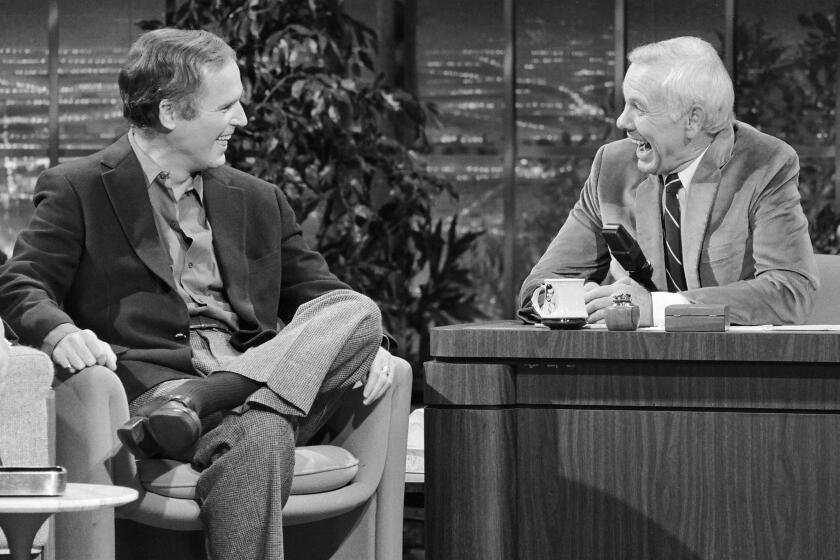UPS Chairman Says Firm May Alter Pension Offering
United Parcel Service of America Chairman James Kelly signaled a new willingness to reach an agreement to end the 11-day Teamsters strike, saying Thursday that the company may revamp its pension proposal to make it more acceptable to striking truckers.
“We think the pension issue is very important,” Kelly said in a conference call from Atlanta with reporters while UPS and Teamsters negotiators were engaging in informal talks. “But as I said, there is no one or two single issues that will determine whether or not we are able to reach an agreement. We still have dozens of very difficult issues that are still open.” He gave no details of what the company would propose.
Labor Secretary Alexis Herman pressed both sides to continue trying to resolve their differences in the current round of talks in Washington. She said she would be “meeting with both parties on an as-needed basis.”
Adding to pressure on UPS management to settle the dispute with its drivers is a new threat from the company’s pilots to follow up this strike with one of their own. “I want customers to know UPS faces back-to-back strikes,” said Bob Miller, president of the Independent Pilots Assn. Right now the pilots are idle because they’re honoring the Teamsters’ strike.
The pilots, like the Teamsters, are concerned with pension and salary issues. Miller said a strike could occur around the busy Christmas shipping season.
Meanwhile, Teamsters President Ron Carey said in a statement that “while there is no reason for optimism at this point, we will be there, ready to negotiate a reasonable agreement.”
UPS chief Kelly sounded a more conciliatory note: “We remain open and willing to examine all avenues that will help our people get back to work.” Another signal came from UPS Vice Chairman John Alden, who told the Wall Street Journal that the company may be ready to abandon its controversial new pension plan.
UPS and the Teamsters are at odds over pension benefits, salaries and the use of part-time workers.
UPS management upped the stakes earlier this week, warning that it might eliminate at least 15,000 Teamster jobs if strikers refuse to return by the end of this week. The company said it is concerned that many customers may permanently switch to rival shippers.
Teamster officials played down the threat as a scare tactic aimed at trying to get workers to cross the picket lines.
The union itself served notice that it’s ready for a long strike, buttressed by money from the AFL-CIO and other unions. The labor organization obtained “enough loan commitments from unions, large and small, to take care of [UPS Teamsters] . . . for a long strike,” AFL-CIO President John Sweeney said. That could run to $10 million a week.
Atlanta-based UPS has been able to handle only about 10% of its normal package delivery volume overall since the strike began. The company estimated it lost $200 million to $300 million during the strike’s first week.
President Clinton could step in and send workers back to work under the Taft-Hartley Act if he believes the walkout imperils the nation’s health or safety. So far Labor Secretary Herman and others in the administration say there isn’t a national emergency.
Three days of talks with a federal mediator broke off Saturday, when neither side showed a willingness to budge.
More to Read
Inside the business of entertainment
The Wide Shot brings you news, analysis and insights on everything from streaming wars to production — and what it all means for the future.
You may occasionally receive promotional content from the Los Angeles Times.










